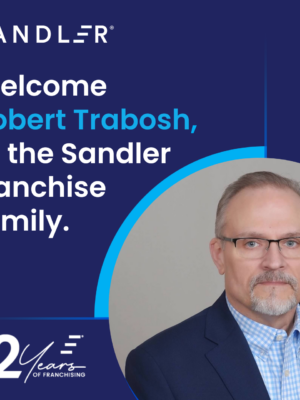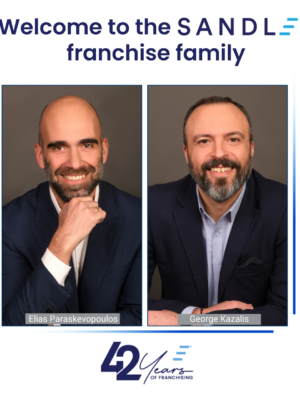‘Hope’ Is Not A High Growth Strategy

Most salespeople up and down the land have a fairly blunt and unsophisticated sales strategy. Their strategy is not very clever. It’s not based on any clear empirical proof of success—heck, it doesn’t even work that well. It is, however, familiar.
It looks something like this:
- Find someone, anyone, who might be ever so slightly interested in what you do/sell/make/offer/promote.
- Practically beg for an appointment.
- Show up and throw up everything you know about your product or service, finding clever ways to cram as many features and benefits as you can into the time your prospect grants you for the meeting.
- Agree to give your prospect everything that can possibly be asked for—if not for free, then damn close.
- Prepare a proposal.
- Attempt a cunning closing technique or two.
- Chase, and chase, and chase …and hope and pray for the very best.
In today’s modern, more sophisticated and demanding world, however, “hope” is not exactly a high-growth strategy.
And you know what? This familiar sales process actually works—but only sometimes, and not with nearly enough certainty, regularity, speed, or assuredness to keep the Pepto-Bismol at bay!
Students of the Sandler methodology quickly learn that selling is not about lists of compelling features and benefits; it’s not about clever closes or flashy literature and expensive marketing collateral. It’s not about hogging all the airtime in the meeting, nor is it about forcing our own agenda into the buying process. It’s not about jazzy presentations or brow-beating the other guy into submission.
So, what is it about? It’s about reaching non-threatening, incremental agreements to proceed. It’s about asking, not telling. It’s about listening, not talking. It’s about asking just the right question, in just the right way, for just the right reason, at just the right time to help prospects discover for themselves whether you and your product or service are just right for them.
The most successful salespeople the world over have discovered the secret of sales success: asking exactly the right questions, and then shutting up and letting prospects discover for themselves that you’re exactly the right fit for their needs. It is letting prospects discover that they have compelling needs, and genuine reasons to buy.
The best way to discover the truth (the real truth, mind you—not the stuff prospects want you to believe because they think it’s in their best interests to keep you guessing) is to ask really smart questions
- The best way, the only way, to understand what clients really need is to understand their situation—by asking the right questions.
- The best way to demonstrate knowledge is to ask the right questions.
- The best way to keep prospects on the right path is to ask the right questions.
- The best way to reduce waste, increase efficiency and effectiveness, and identify exactly the right solution for everybody’s needs is (you guessed it) to ask the right questions.
The sales professionals primary role is to establish whether or not their prospects qualify for their time, effort and attention: it is not to ingratiate themselves with the prospect. The most successful sales professionals have figured out that the best sales strategy involves asking lots of strategic questions, instead of showing up and simply answering prospects questions.
Create a list of, say, 20 really thoughtful questions to help you determine the prospects real level of interest, real thought processes, real intentions.
Questions like:
- Which of your competitors are they expecting to be also talking to?
- What are they likely to say to your competitors about you?
- What criteria, other than price (which is important), will they be using when selecting the best supplier for this project?
- When do they want to start – and why so soon?
- Who else in the business is ‘interested’ in seeing who wins this project?
- How is your specific solution better to help the prospect achieve his objectives?
- If you can’t align a solution to match their needs at this time, who will they likely choose, and why?
- If they has a magic wand what would the ideal solution look like, and who do they suspect will be able to get closest to it?
- What market dynamics are currently in play serving to erode your prospects competitive advantage over the next few years?
Take the ‘hope’ out of the sales process by asking many more smarter questions up front. Then use this increased level of reconnaissance to determine whether or not you will be wasting your time quoting for projects that you’ll likely not secure anyway.
________________________________________________________________
To learn more, check out the newest Sandler book in the Shop.








